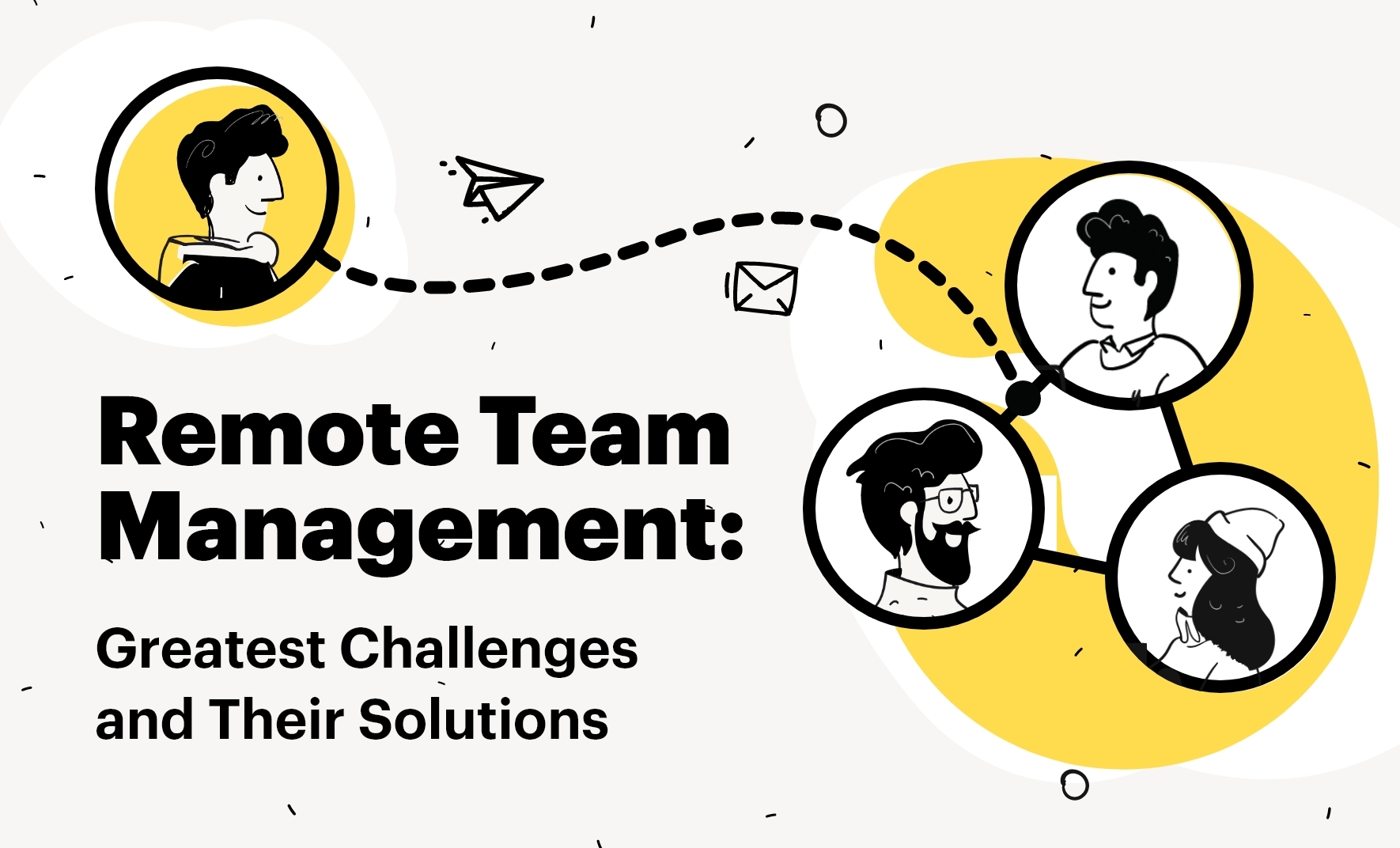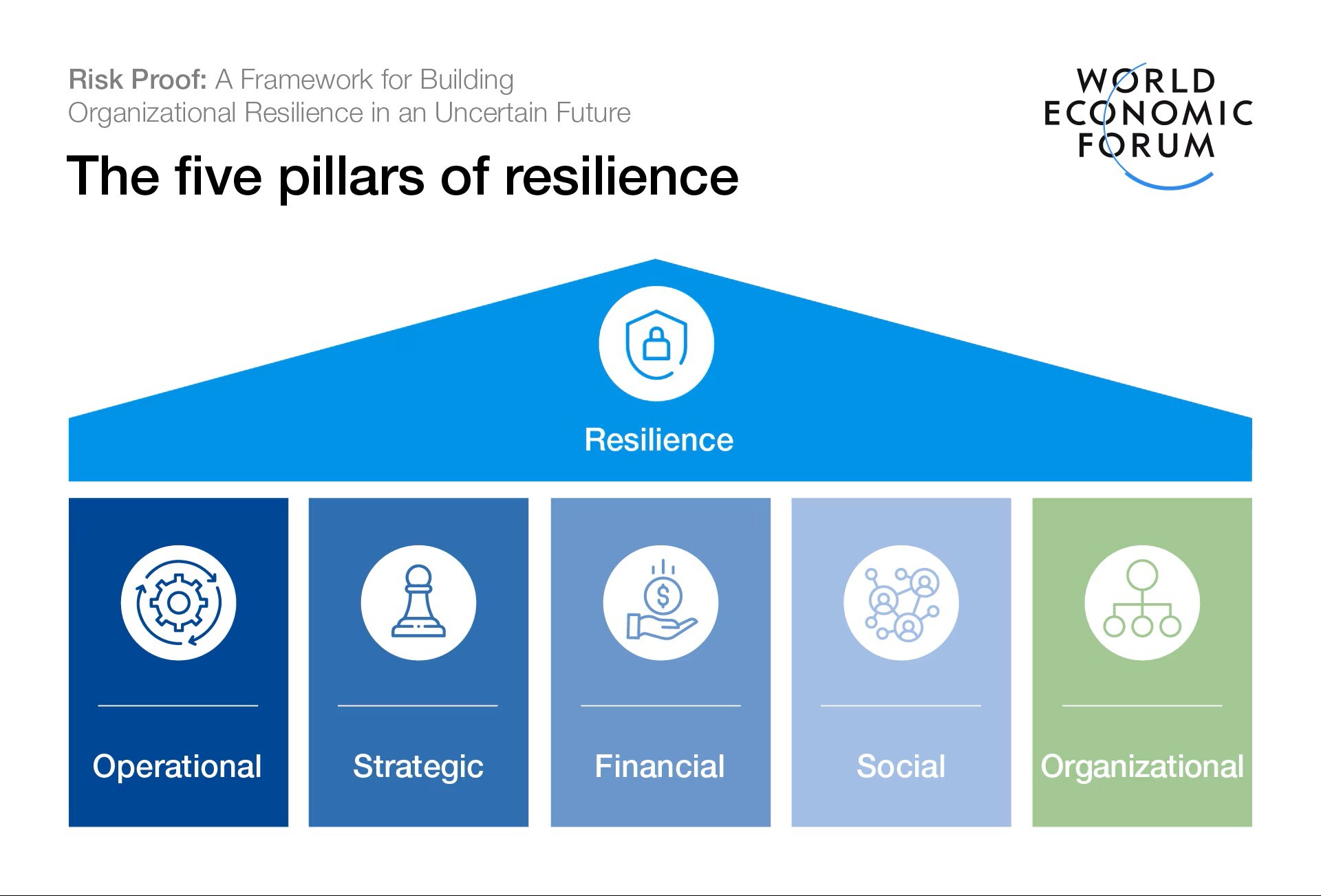10 Innovation Frameworks Every Startup Should Know
A practical guide for startup founders to systematically drive innovation and build better products.
1. Design Thinking
A human-centered approach to problem-solving that focuses on empathy, ideation, prototyping, and testing. Perfect for startups building user-first products.
2. Lean Startup Methodology
Build → Measure → Learn. This iterative cycle helps startups quickly validate ideas and pivot before wasting resources.
3. Business Model Canvas
A one-page blueprint for mapping key aspects of a startup—value proposition, customer segments, revenue streams, and more.
4. Value Proposition Canvas
Focuses specifically on matching customer pains and gains with your product features to ensure product-market fit.
5. Jobs To Be Done (JTBD)
Helps identify the core job customers are trying to accomplish, allowing startups to design better solutions.
6. Blue Ocean Strategy
Encourages startups to look for uncontested market spaces instead of competing in saturated markets.
7. TRIZ (Theory of Inventive Problem Solving)
Uses patterns from global innovations to solve technical challenges creatively.
8. Open Innovation
Collaborate with external partners, communities, and research labs to co-create solutions and speed up innovation.
9. Rapid Experimentation
Launch small-scale tests (A/B testing, prototypes) to validate assumptions and reduce risk before scaling.
10. Agile Innovation
Applies agile principles to innovation projects—short sprints, cross-functional collaboration, continuous feedback.




Leave a Comment